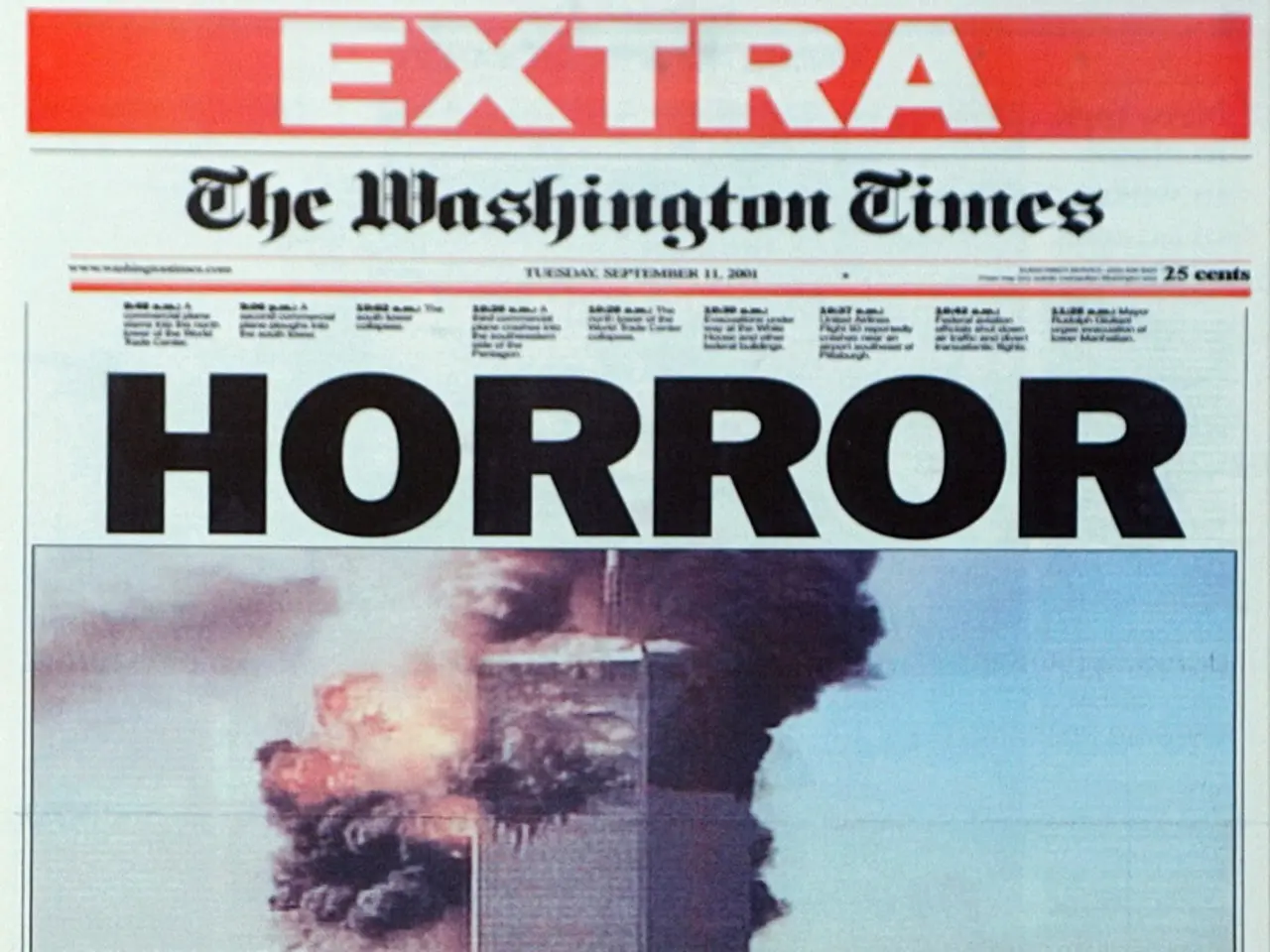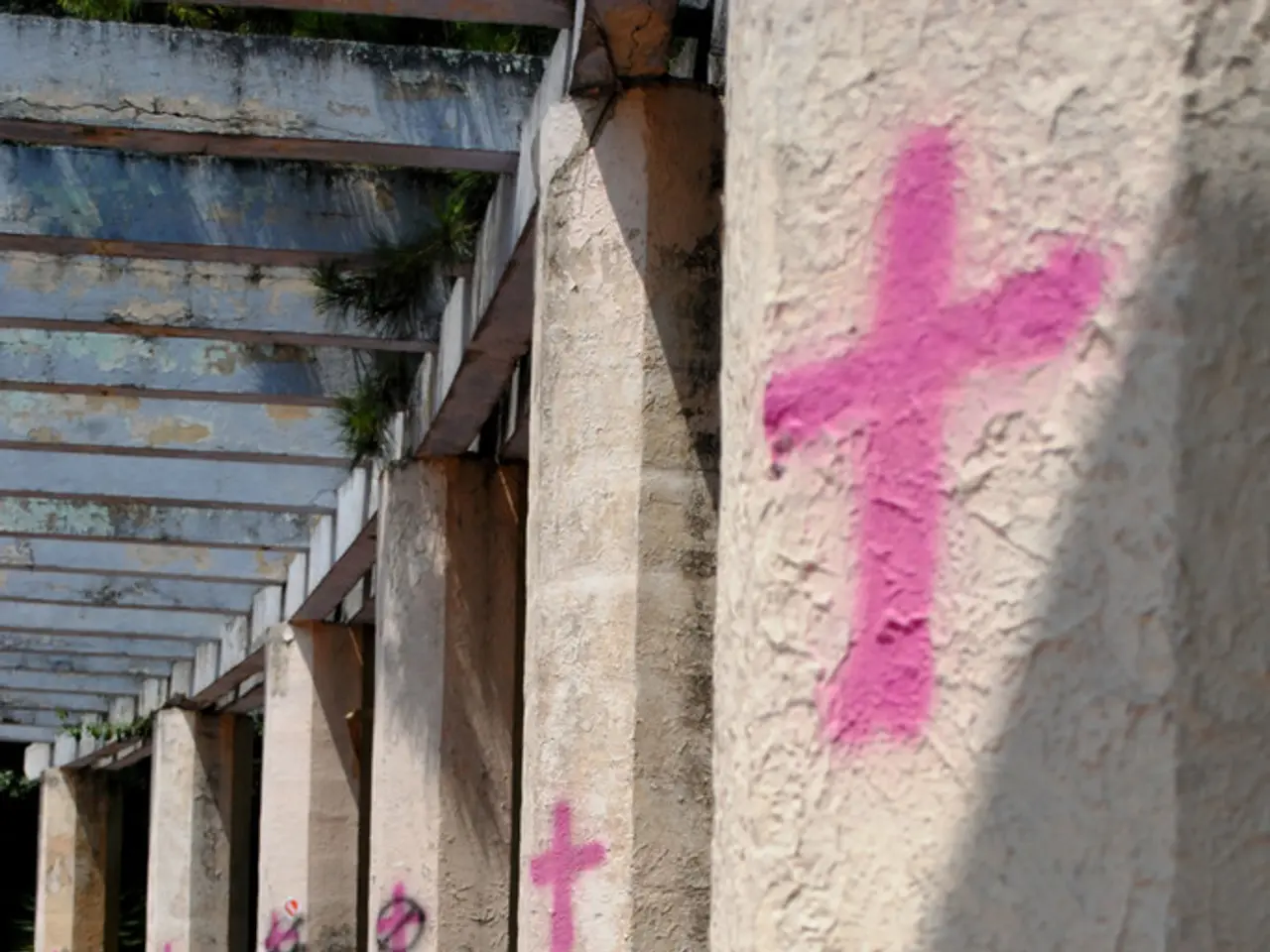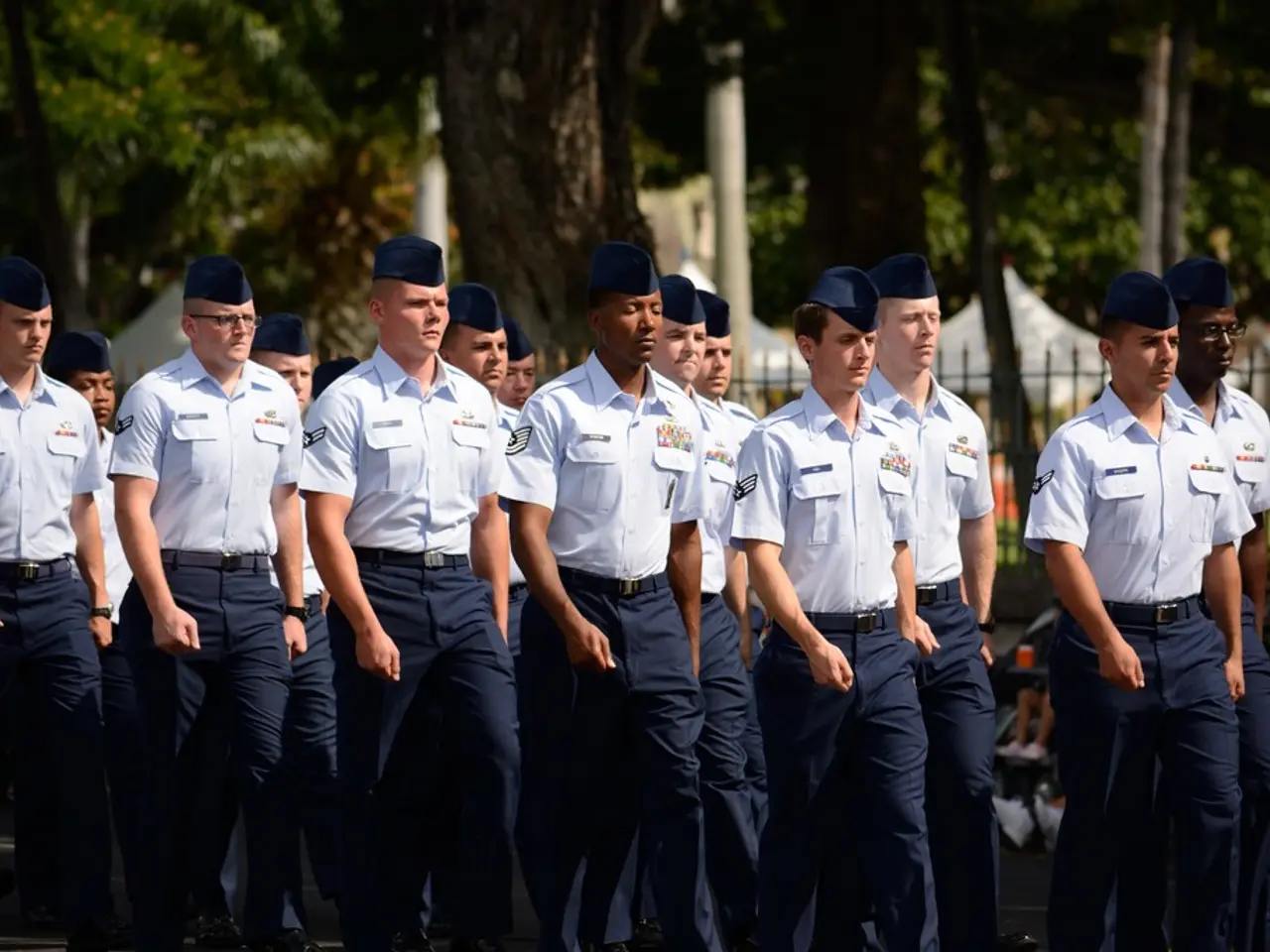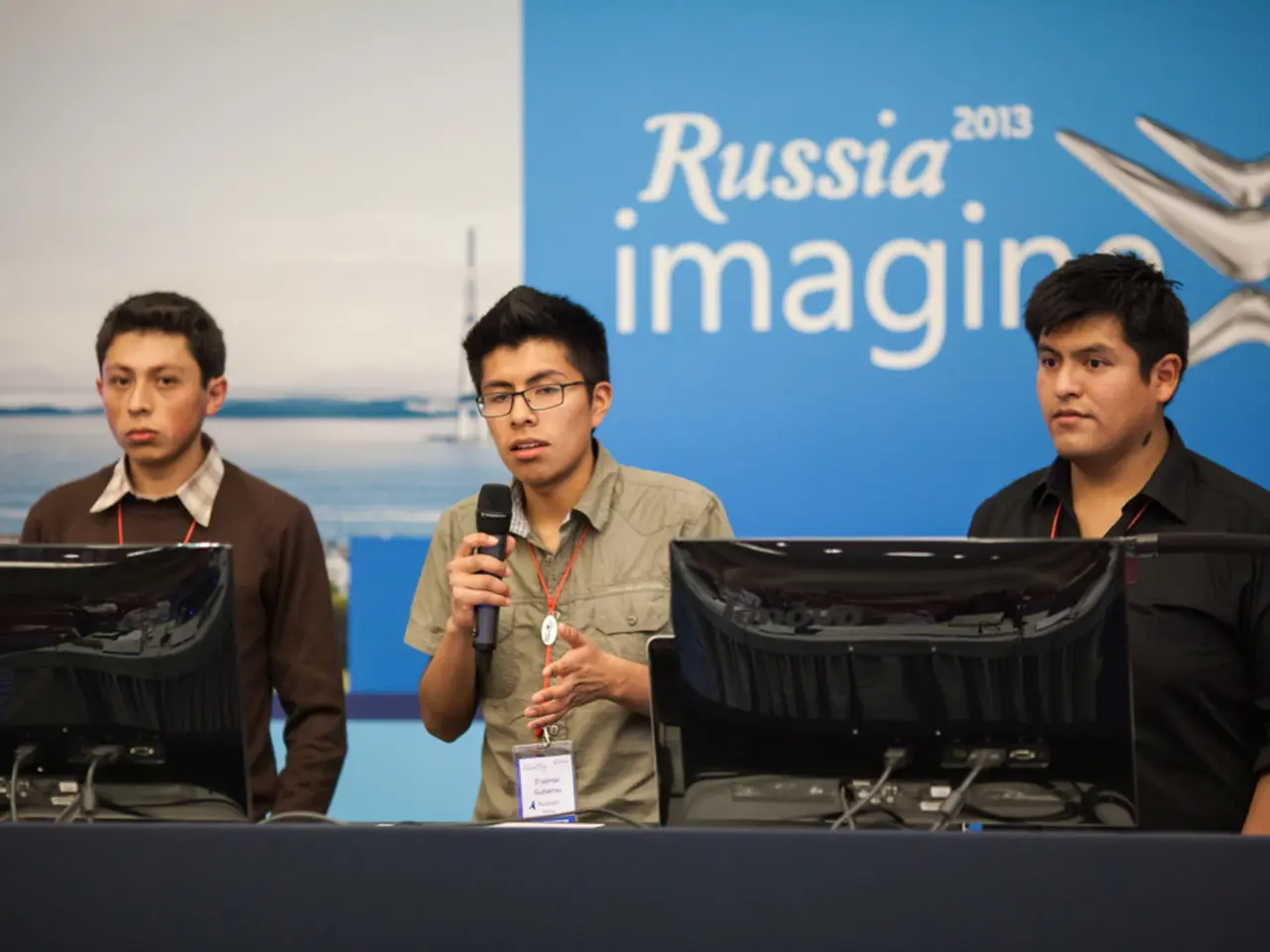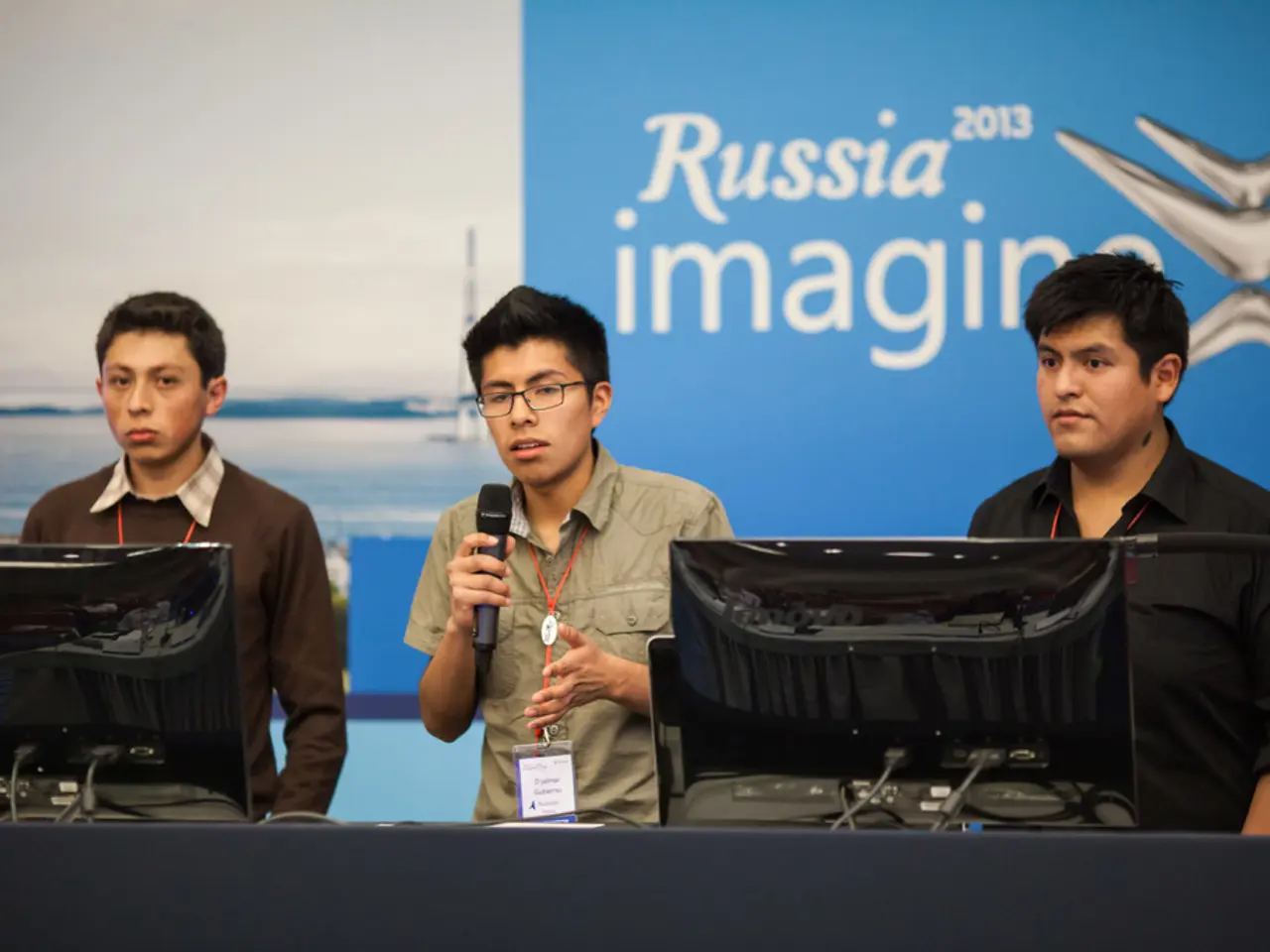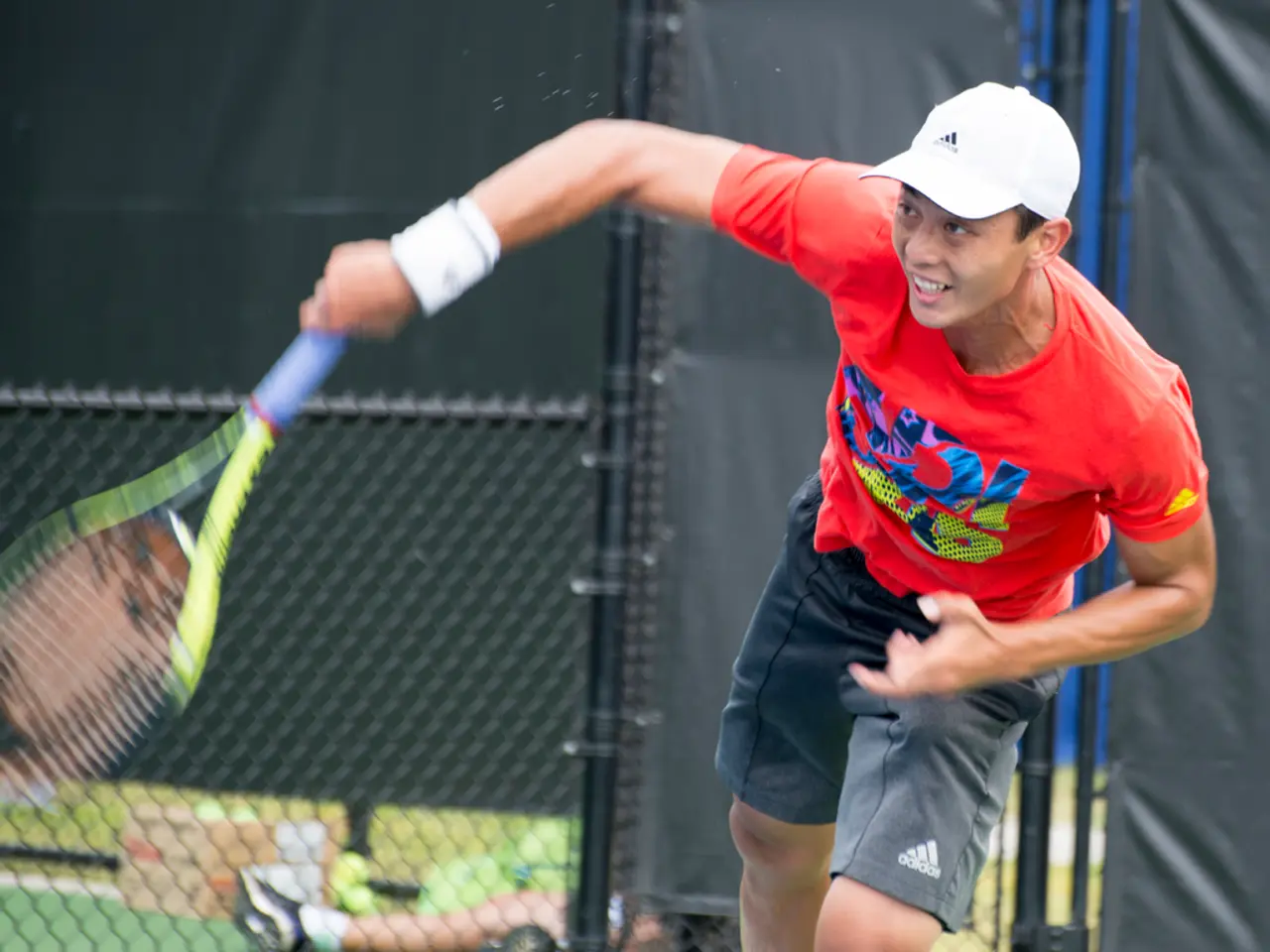Disruption at Russian Airports: Ukrainian Drones Cause Chaos in Commercial Air Space
In a significant move, Russia has officially recognized the Taliban government—the Islamic Emirate of Afghanistan—making it the first country to do so since the Taliban regained control in August 2021. This recognition, marked symbolically by the Taliban flag being raised over the Afghan embassy in Moscow and formal diplomatic acceptance of Taliban envoys, signals a shift in Russia's geopolitical strategy in Central and South Asia.
The significance of this recognition is both geopolitical and practical. It represents Russia’s strategic intent to expand its influence in a region of growing competition among global powers. Moscow aims to deepen cooperation with the Taliban regime on trade, infrastructure, security, counter-narcotics, and energy. The move follows Russia’s removal of the Taliban from its terrorist organization list earlier in 2025, reflecting a shift toward a more pragmatic engagement rather than confrontation.
Russian officials, including President Vladimir Putin and Foreign Minister Sergei Lavrov, have framed the recognition as a step toward building a full-fledged partnership with Afghanistan. Taliban authorities welcomed the recognition as a boost to their international legitimacy and bilateral relations, hoping it will encourage other countries to follow suit.
However, experts view Russia’s recognition largely as a symbolic gesture rather than a radical transformation of relations. It underscores the friendly and pragmatic ties Moscow has with Kabul but does not drastically change the existing dynamics, which have involved ongoing security cooperation, especially against threats like the Islamic State’s Khorasan Province (IS-K).
Meanwhile, the ongoing Ukraine-Russia war continues to dominate headlines. The leaders of the BRICS nations have backed Vladimir Putin against Ukrainian attacks on Russian territory. The BRICS forum, however, avoided direct references to the Russian invasion of 2022 and reiterated its ambiguous stance on the conflict.
In a separate development, President Zelensky has announced a new package of sanctions against Russia, focusing on financial schemes related to cryptocurrencies. The sanctions package includes sanctions against 60 legal entities involved in these activities.
The war in Ukraine has also resulted in a series of drone attacks, with at least six drones being shot down by Russian forces headed for Moscow. These attacks have caused cancellations and delays at Sheremetyevo (Moscow) and Pulkovo (St. Petersburg) airports. However, no damage has been reported from these drone attacks.
In Ukraine, Ukrainian troops are under increasing Russian pressure in the eastern regions of Kharkiv and Donetsk. Ukrainian drones have been used as part of Ukraine's offensive strategy, with one such drone attack causing the suspension of air traffic in Kirov.
Tragically, the conflict has resulted in civilian casualties. Two people were killed in a Russian bombing in Bytytsya, near the border, and a residential building in the city of Izium, in the Kharkiv region (Ukraine), has been destroyed by a Russian airstrike.
In summary, Russia’s recognition of the Taliban government solidifies Moscow’s role as a key external player in Afghanistan’s future, enhances bilateral cooperation frameworks, and signals a geopolitical shift in the region. Meanwhile, the ongoing Ukraine-Russia war continues to cause tension and loss of life on both sides.
The geopolitical shift in Central and South Asia, led by Russia's recognition of the Taliban government, is intended to increase Moscow's influence and foster cooperation on trade, infrastructure, security, counter-narcotics, and energy. On a contrasting note, the Ukraine-Russia war, dominated by headlines, persists to escalate tensions, cause civilian casualties, and hinder general news, such as drone attacks and air travel disruptions.
